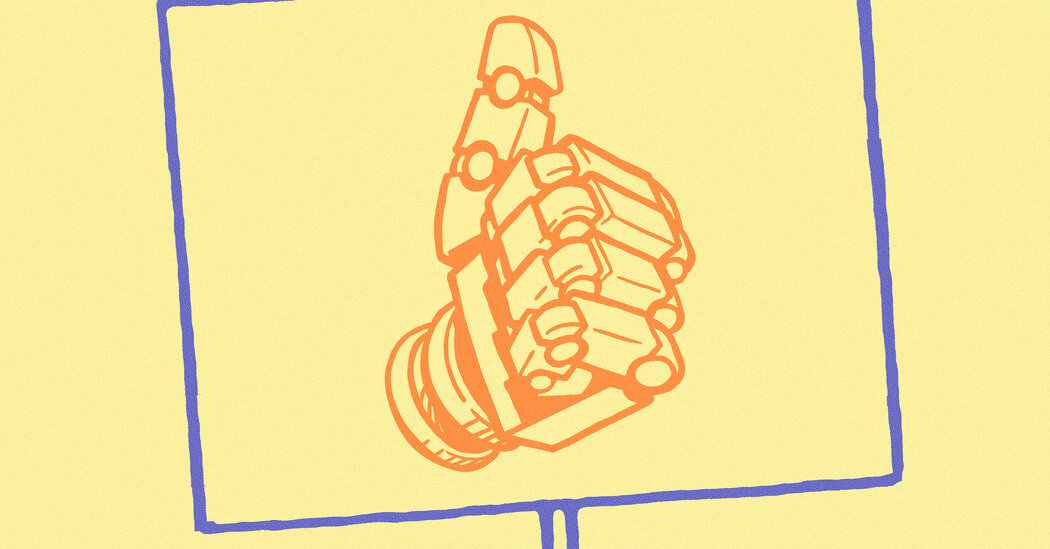Society needs to build or restore institutions that protect workers, the book says. “The United States has allowed traditional channels of worker voice to atrophy without fostering new institutions or buttressing existing ones,” the authors write. They call for a higher federal minimum wage and changes in labor law that make it easier for workers to bargain collectively for higher pay, among other measures.
The book attacks the notion of shareholder primacy, the idea that corporations should serve the interests of their owners, the shareholders. In a rhetorical flourish, it says that in shareholder capitalism, workers are “scrapped if their value to the firm falls below their cost to the firm.”
Engineers, such as those that M.I.T. churns out, bear some responsibility in that the technology they design can either empower or dis-empower workers, the book says: “Engineers encode social relationships and preferred futures into the machines they build.”
I told Autor that the book’s conclusions seemed liberal for an engineering school. He said the authors were simply responding to a challenge issued by M.I.T.’s president, Rafael Reif, who “felt very strongly that M.I.T. was throwing things out there, producing technologies but not answering the question of what are the possible consequences, how do we minimize hardships and maximize benefits.”
A day after interviewing Autor, I spoke with Steve Preston, the president and chief executive of Goodwill Industries International, a nonprofit whose affiliates operate thrift shops and train workers for jobs. (Before Covid-19 hit, those affiliates were helping two million people a year.) Preston worked for President George W. Bush as administrator of the Small Business Administration and later as secretary of the Department of Housing and Urban Development.
I asked Preston about what the M.I.T. book says about strengthening labor unions and raising the minimum wage. “We focus on building the bridge” that connects workers and employers and giving workers “a sense of awareness of the possibilities” for career advancement, he said. In a follow-up email, he wrote, “Fair wages are critical, but I tend to focus more on supporting people on their journey to higher-paying jobs and better pathways.”
One point of alignment between Preston and Autor is that workers need training so they can use automation, not be replaced by it. “We are underinvesting in our people,” Preston said.
Credit: Source link





















